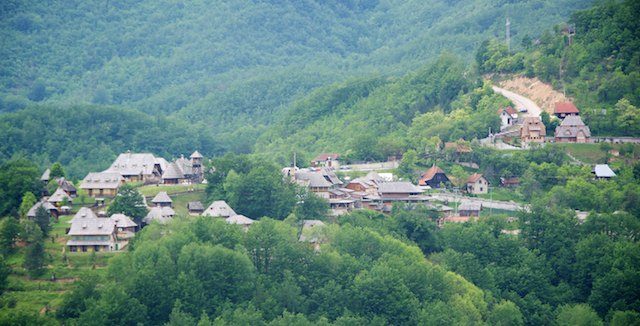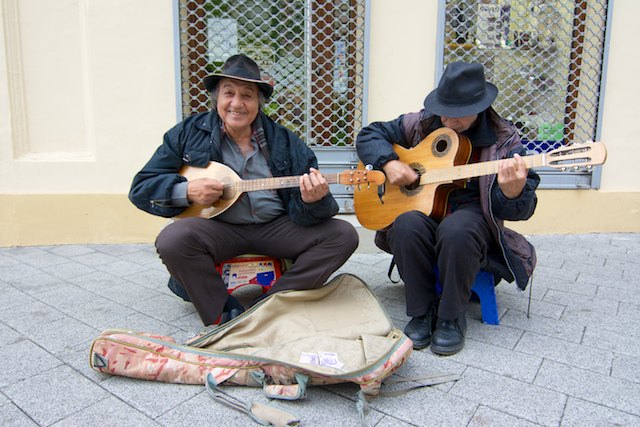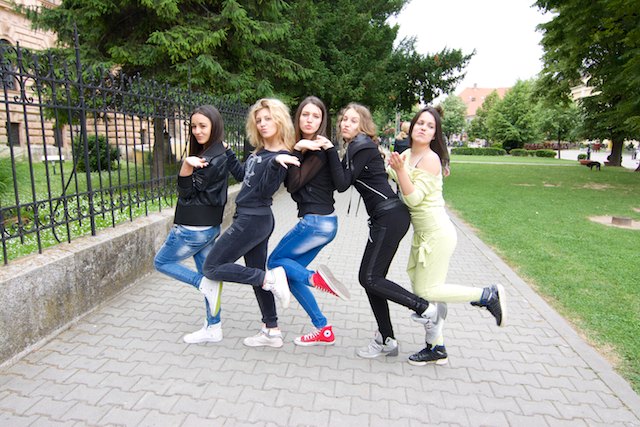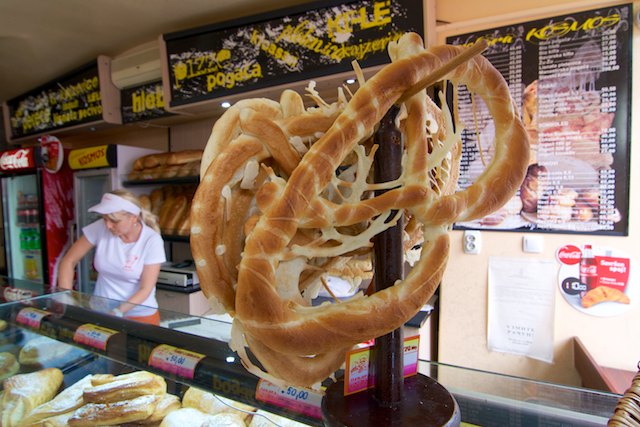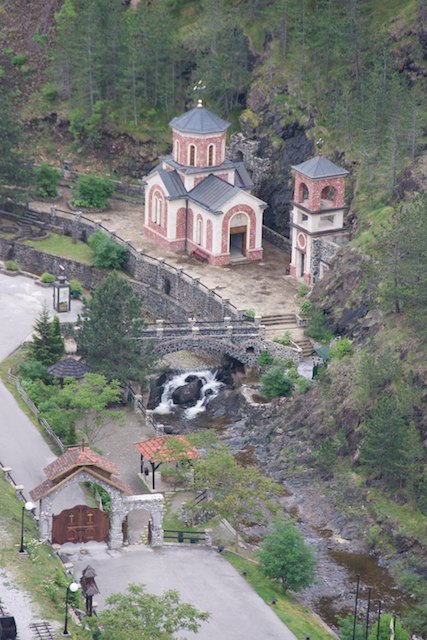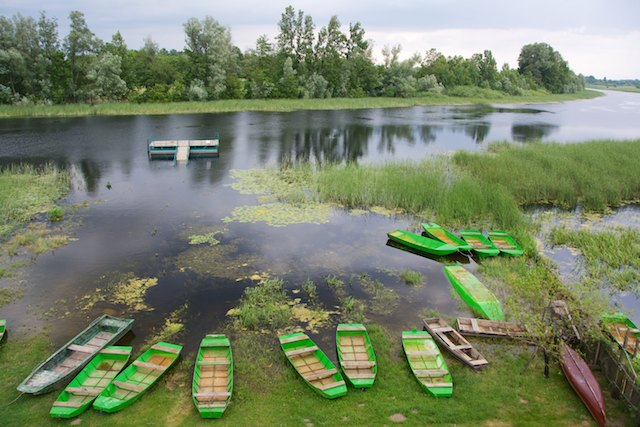Why?
Why Serbia? If I had a dollar for every person who asked that question, I could have paid for an upgrade to “upper class” on that last Virgin flight.
Even the Serbs asked a plaintive, yet sincerely incredulous, “Why are you here?”
So, I’m gonna tell you.
Country counters come in all stripes. The variety known as the “purists” pick nits, split hairs, quibble incessantly, take no prisoners, and they do NOT count a country if said country wasn’t a country when their little pooties touched down on foreign soil. (They look askance at the counters who double dip.) So, since Pablo tends toward this kind of purism in his counting ways, and because he was in Belgrade only back in the day, and not since…(back when Tito ruled the roost), he was loath to include “Serbia” in his final country count. Likewise, all the Balkan nations, which were back in the seventies collectively just one country, Yugoslavia. Not to be condescendingly informative, but, try to remember, Desto 3 has a few followers who were born in the nineties. They think Tito was Dorothy’s dog in “The Whiz”…IF they saw the musical. They don’t even know who Judy Garland was, forget Toto. Forget Tito.
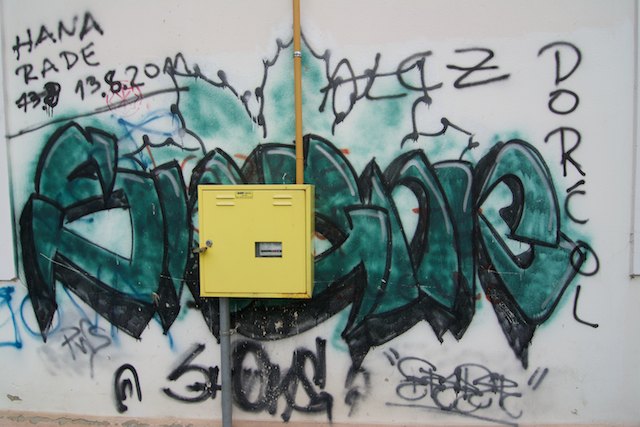
Onward. We were bound to retrace Pablo’s steps through the Balkan region to legitimize the boy’s country count. Serbia, Bosnia-Herzogovina, Montenegro at least. Not Kosovo because we traveled with a Serbian guide in a car that had Serbian license plates and that’s a no-no. Essentially, to Serbs, Kosovo does not exist.
For my part, somewhere along the line I met and made fast virtual friends with a lovely young American writer Laura, an ex-pat living in Serbia with her Serbian husband and her two (adorable) Serbo-American kids. When I told her that I’d be in the neighborhood, so to speak, she did what is done (universally) in that part of the world, she invited us to visit. And, so we did.
Here are my reflections on the nation and the people:
I did some field research. Research consisting of informal interviews of every Serb I could get my hands on. “Give me the first 5 characteristics you think of when you try to describe the typical Serb.” Dozens of them were forthcoming. That’s my first observation. Serbs are extraordinarily accommodating – first example: we arrived at the Hotel Moskva in Belgrade at midnight our first night, starving as it had been at least an hour since we’d had anything to eat. The closing hotel kitchen nevertheless whipped us up a couple of scrumptious club sammies and sold us a bottle of (excellent) local vino while they literally swept the floors around us. They told us to enjoy ourselves and not fret about keeping them well past closing time. And, they meant it, or at least seemed to.
Notably, in response to my survey, every single subject I asked included the word “stubborn” in their five characteristics. Most of the time that was the first descriptor they listed. But, also, “loyal” came up a lot. And, “family oriented”. Which I think is why my ex-pat friend is living there.
The culture can’t be beat for child rearing. Serbs generally think that children are precious and they take delight in the little ones like no other culture I’ve seen. They also take the whole “it takes a village” thing very seriously. Your kid messes up and I’m the only adult on sight? It’s my duty to straighten them out. (But in a nice way. Like a beloved old Auntie. Children are revered in Serbia.) Also, nobody hesitates to issue unsolicited parenting advice in Serbia. To complete strangers. The neighbors will let you know in a red hot second if they think your kid needs a sweater, and what the hell is wrong with you anyway that your kid is wearing an item of clothing deemed “inappropriate”? You’ll get an earful. The best way to describe the Serbian ethics of child rearing is thus: the children of Serbia belong, in a way, collectively to everyone, as if the next generation truly is a national resource, and for that reason, everyone is obligated to protect them. Everyone has the right, nay duty, to care for them (maybe even discipline them).
One afternoon after we’d hooked up with our hired car and driver, Pablo gave a big pretzel to a kid on the street at our Serbian guide’s suggestion and when I told him that you can’t do such things in America, that a geezer handing out baked treats to kids on the street would find himself in prison answering to the name “Mr. Stranger Danger” before the sun set on the day, he shook his head and said, “Oh, yes, in America everyone has their lawyer’s number on speed dial.” (That’s a little insight for you re: what Serbs think about us!)
I’ll admit that at first I thought there were some boundary violations (in terms of “mind your own fucking business”), but then I kind of started to like it. A lot. There’s a real sweetness to the attitudes about childhood in that part of the world. We could learn from them. It was easy to understand why my writer friend and her husband packed the kids up and moved them to Serbia for their primary years. (And, I’m happy to report that this was apparently an excellent strategy because their little darlings are spectacular human beings. Bi-lingual human beings, too.)
Our guide was a 29 year old Serb who possessed seemingly infinite knowledge and absolutely zero reluctance to render his (informed) opinion. For a solid week, from breakfast to nightcaps, he lectured non-stop about all things Balkan. Culture, history, sociology, archeology. You name it. One day toward the end of our trip, half way up to the top of the climb overlooking Kotor in Montenegro (more about this area soon), after listening to Srki’s non-stop daily lecture, I asked him, “How much of what you are telling us is bullshit?” He paused and gave my question some earnest thought. “Three, maybe four percent,” he said. Then, “but, I embellish, not really make things up.” You’ll pardon me for giving him extra points for knowing the English word “embellish”. (Do you know the Serbian translation? I didn’t think so.) I also give him extra credit points for his candor and honesty about the recent history of the region, although for the life of me, I still can’t grasp the complexity of the border and ethnic issues in spite of my effort. The disputes in that region go back to antiquity. And, Serbs, remember, (everybody else, too) are stubborn.
In short, I came away understanding little more than I knew before I got there but I conclude this one thing: if you can do it, hire a guide and a driver if you have only a short time to cover a lot of ground. It’s so worth it.
